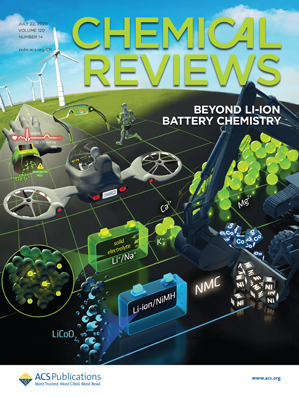Financial, informational and other constraints lower the adoption of welfare-improving technologies amongst people living in poverty. Field trials have identified effective strategies to facilitate behaviour change. Researchers and policymakers need to apply this knowledge, and form institutional partnerships to implement solutions at scale.

Amazon on Thursday launched a $1 billion fund to invest in companies developing supply chain, logistics and fulfillment technologies. The first round of investments will focus on technologies that can speed up deliveries and improve the safety of workers in its warehouses. Start-ups backed by the new fund include Modjoul, a company developing wearable safety […]
A proposed green hydrogen project is set to be “the third revolution of Lüderitz,” says Mr Balhoa, a member of the town council. He hopes that the project will train and employ local people, or “Buchters” as they affectionately call themselves – bringing down the town’s 55% unemployment rate.

Tremendous efforts are being made to develop electrode materials, electrolytes, and separators for energy storage devices to meet the needs of emerging technologies such as electric vehicles, decarbonized electricity, and electrochemical energy storage. However, the sustainability concerns of lithium-ion batteries (LIBs) and next-generation rechargeable batteries have received little attention.

Wireless technology allows one or more devices to communicate without the need for a physical connection. Wireless technology and wired technology applications use a wireless frequency transmission device for transmitting data while using a cable.

Blockchain is the latest ‘disruptive innovation’ that has caught scholars’ attention. It is the underlying technology for Bitcoin and other digital currencies.

The rapidity with which severe acute respiratory syndrome coronavirus 2 (SARS-CoV-2) spreads through a population is defying attempts at tracking it, and quantitative polymerase chain reaction testing so far has been too slow for real-time epidemiology.

People design and use technology for work. In return, technology shapes work and people. As information communication technology (ICT) becomes ever more embedded in today’s increasingly digital organizations, the nature of our jobs and employees’ work experiences are strongly affected by ICT use.
